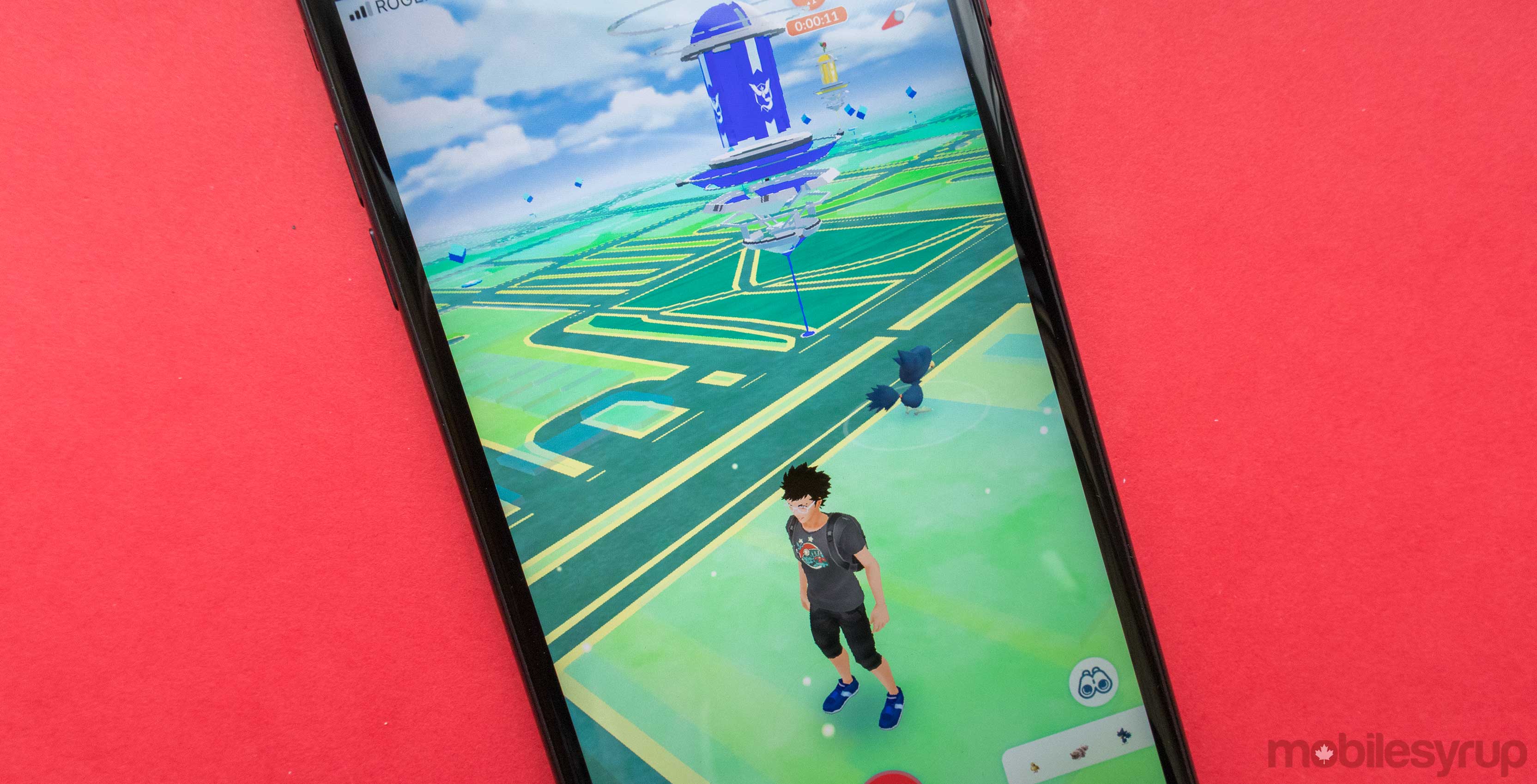
Pokémon Go is about to get a lot better for some rural players as developer Niantic adds the ability for trainers to suggest locations for future PokéStops.
It’s been two years since Pokémon Go officially launched and it’s still incredibly hard to play outside of a city without a car.
The new feature launches in Brazil and South Korea in beta first, but will roll out to more countries in the coming months. Players who are at the maximum level of 40 will have a specific number of PokéStop proposals to use per day, but unused proposals carry over to the next day. Some of the highly rated PokéStop proposals might even become gyms instead of a PokéStops.
Anyone who meets these requirements can nominate potential PokéStop locations by sending a picture and a description of the site to a high-level Ingress player through Pokémon Go’s settings.
Ingress is Niantic’s other location-based game, which pioneered the ideas that make Pokémon Go innovative. Ingress players who are part of the Ingress Operation Portal Recon project will be reviewing the submissions. The Portal Recon project is Ingress‘ version of adding PokéStops, so it makes sense that these players know what locations will and won’t work.
To get the rest of us caught up on the rules, Niantic has shared a list that explains which kind of locations are suitable for PokéStops:
- A place with a captivating past, historical or educational value
- An interesting work of art or a unique construction (statues, paintings, mosaics, plays of light, etc.)
- A little known and surprising place or a place very specific to the region
- Public Parks
- Public libraries
- Public places of worship
- Large central stations (such as Gare Montparnasse)
There’s also a list of places that are not considered worthy of becoming a PokéStops:
- Places that do not have pedestrian access. All PokéStop offers must have pedestrian access, otherwise they will be rejected regardless of the quality of the PokéStop.
- Private residences and spaces near private properties
- Places that may interfere with fire station operations, police stations or hospitals
- Child care centres, elementary schools, middle schools or high schools
- Natural sites like panoramas, mountains or waterfalls (however, points of interest created by humans, such as plaques or signs, near natural sites are accepted)
- Objects that are only displayed during a certain period of the year (seasonal exhibitions, for example)
- Adult-only shops or services (such as liquor stores, adult entertainment services, shooting ranges, armories, etc.)
Source: Niantic
MobileSyrup may earn a commission from purchases made via our links, which helps fund the journalism we provide free on our website. These links do not influence our editorial content. Support us here.


